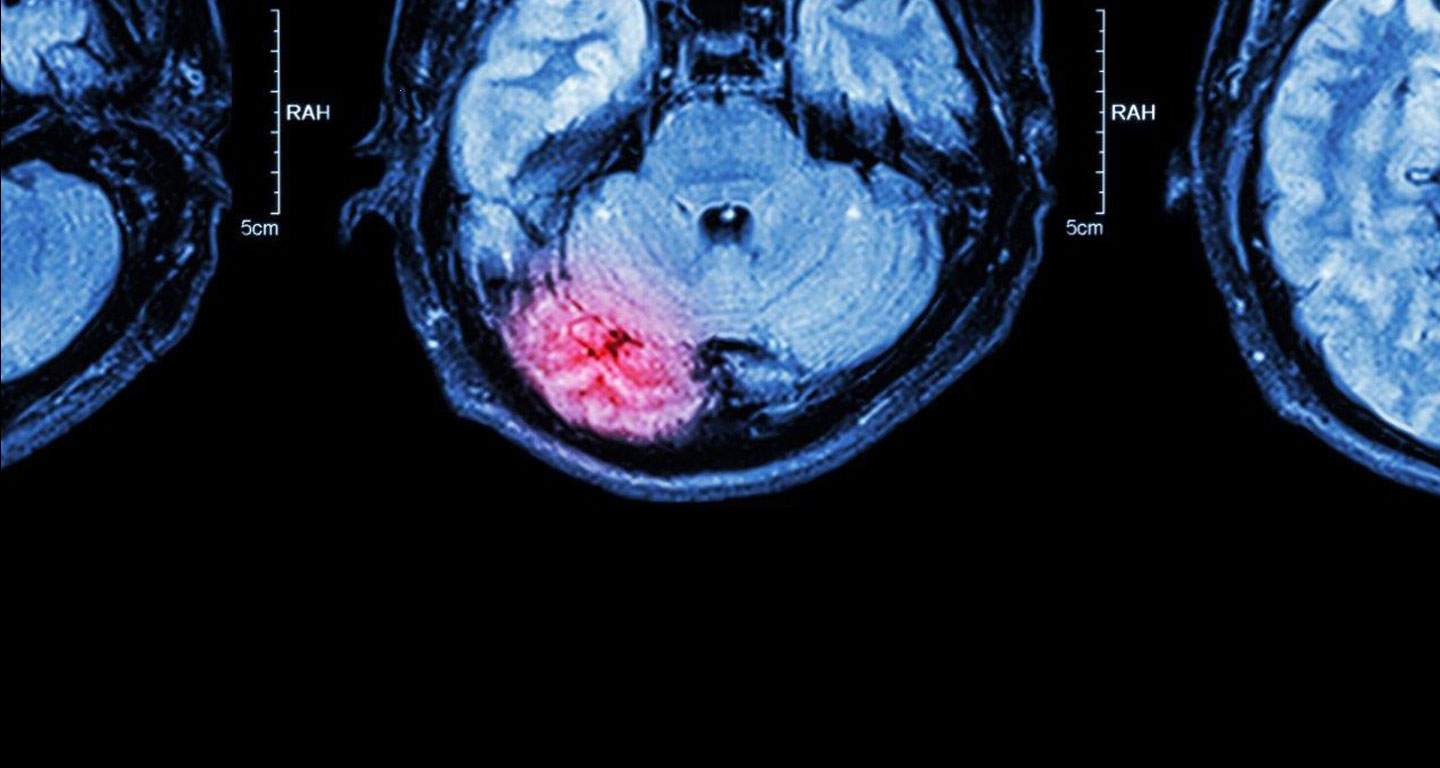Every year, over 10 million people worldwide injure their brain, and it’s the most common cause of death and disability in young people. There are currently no drugs available to limit the additional damage to the brain from swelling and inflammation after the injury or help repair the brain.
Novel technology developed in the lab of Erkki Ruoslahti, MD, PhD, distinguished professor at SBP, has led to spin off company called AivoCode that just received funding from the National Science Foundation to advance a new platform for site-specific delivery of drugs to treat acute brain injury.
The approach uses a peptide sequence of four amino acids, cysteine, alanine, glutamine and lysine (CAQK) that recognizes brain tissue. The CAQK peptide binds to the components of the meshwork surrounding brain cells called chondroitin sulfate proteoglycans. Amounts of these large, sugar-coated proteins increase following brain injury, and CAQK can carry drugs and nanoparticles to damaged areas in the brain. The original proof-of-concept studies were performed on mouse models of acute brain injury and human brain tissue samples.
The technology may make it possible to use new types of drugs that would otherwise not reach their target in the brain. If the company is successful in bringing the technology to the clinic, it may improve the outcome for brain injury victims and provide significant healthcare savings.
